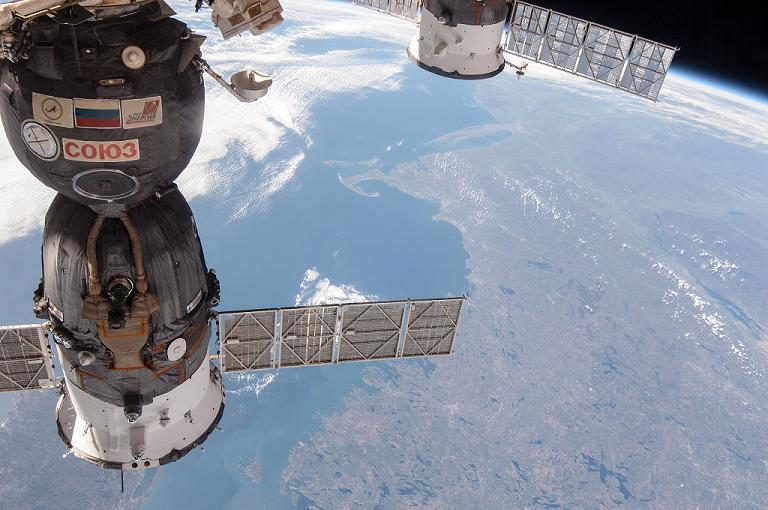
An unmanned ISS Progress 59 cargo spacecraft, which suffered an unidentified failure during flight, is currently falling back towards Earth’s atmosphere and expected to crash soon.
Launched aboard a Soyuz rocket from Baikonur Cosmodrome in Kazakhstan on 28 April, the Progress 59 was intended to deliver 3t of food, fuel, and supplies for the ISS crew.
The supplies on-board also include spare parts for the ISS environmental control and life support system, backup spacewalk hardware, and crew clothing.
Nasa said in a statement that the an unspecified problem prevented flight controllers from determining if navigational antennas were deployed and fuel system manifolds have pressurised as planned.
After the flight controllers failed to perform as planned, the backup rendezvous plan of two days and 34 orbits was selected instead of the planned four-orbit, six-hour rendezvous.
ESA human spaceflight and operations director Thomas Reiter was quoted by the Guardian as saying: "Re-entry is normally done over the South Pacific to avoid any debris falling on firm terrain.
How well do you really know your competitors?
Access the most comprehensive Company Profiles on the market, powered by GlobalData. Save hours of research. Gain competitive edge.

Thank you!
Your download email will arrive shortly
Not ready to buy yet? Download a free sample
We are confident about the unique quality of our Company Profiles. However, we want you to make the most beneficial decision for your business, so we offer a free sample that you can download by submitting the below form
By GlobalData"Not everything will burn up and if it’s an uncontrolled entry then there could be fragments that will hit the surface."
The agency’s space operations centre in Darmstadt, Germany will track the spacecraft to predict when and where it will crash in case it cannot be rescued.
The next cargo mission to the ISS is planned for launch no earlier than June 19, and will carry around 5,000lb of science investigations and supplies.
Image: The Progress 59 was intended to deliver three tonnes of food, fuel, and supplies for the ISS crew. Photo: courtesy of Nasa.


